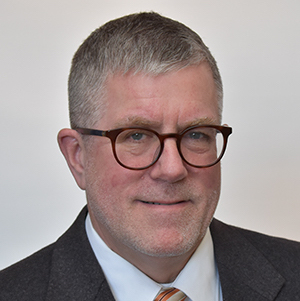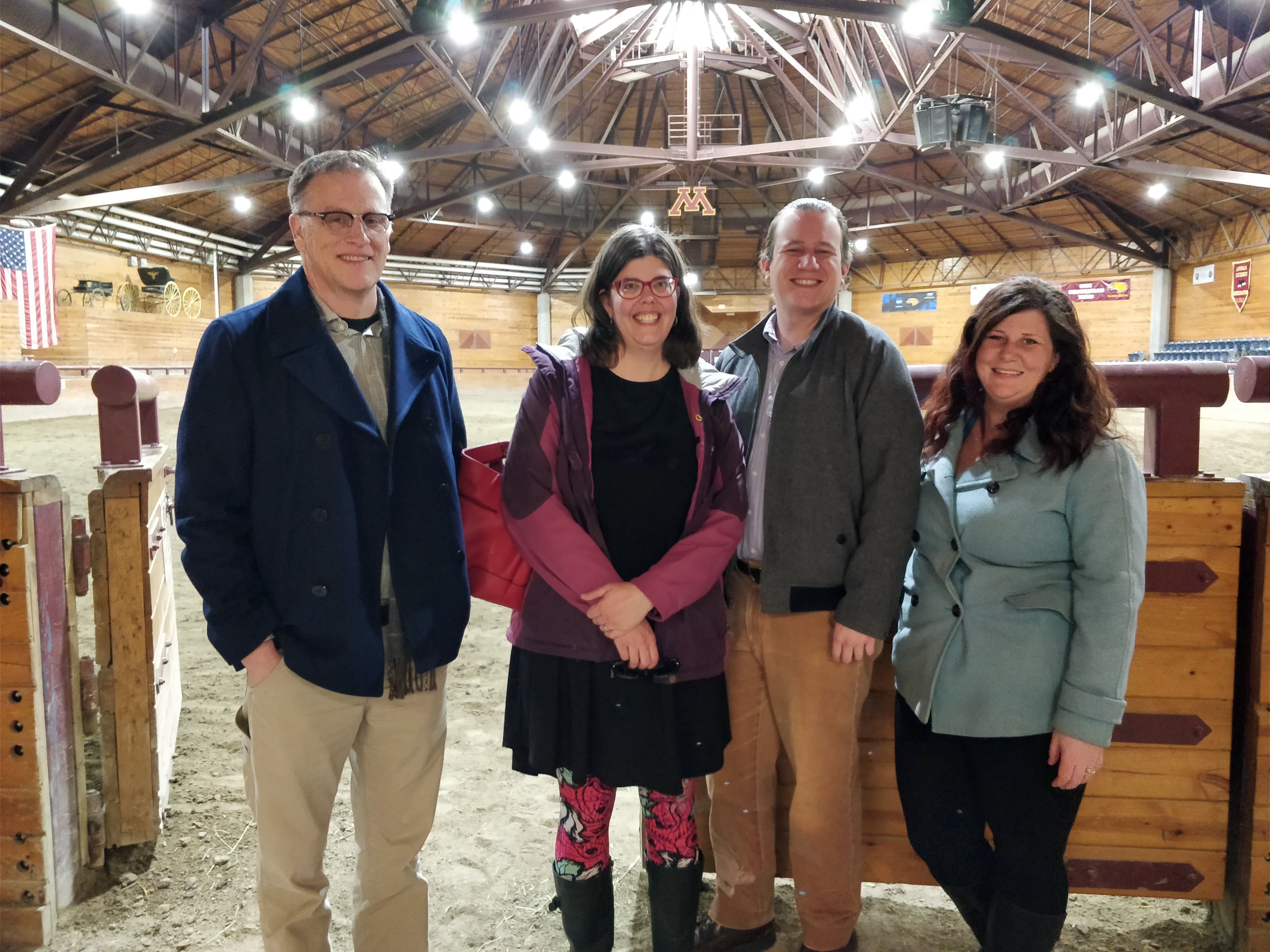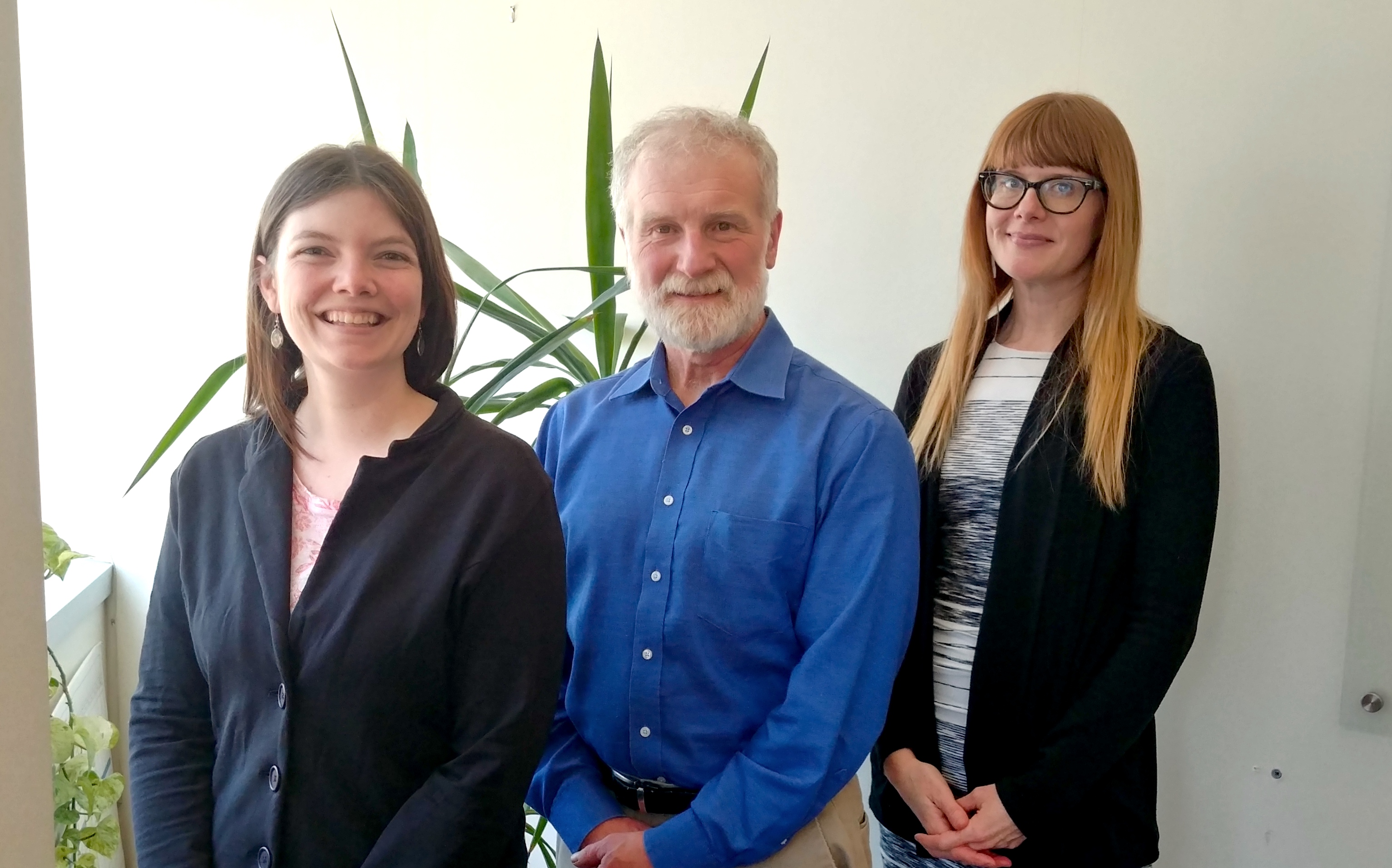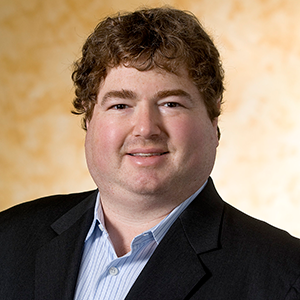It has been a busy semester in the University Senate Office, and the committees and senates have been hard at work digging in to a number of issues and hot topics from across the University. Read on and find out what they have been up to!
Recognizing Outstanding Service to University Senate Governance
The Outstanding Service to University Senate Governance Recognition honors faculty, P&A, and civil service employees who have made a significant impact on University Senate governance. Congratulations and a huge thank you to the 2018 recipients:


Terri Wallace has worked in the Center for Writing since 1997. As center administrator, she manages HR and payroll; coordinates center workshops and programming; and facilitates Interdisciplinary Studies of Writing grants, among other things. She has been a member of the Civil Service Senate since 2011, and the Civil Service Consultative Committee since 2012. Terri is also in her third term as a civil service senator in the University Senate, having been first elected in 2010. In addition to her service to University Senate governance, she has represented civil service staff on the Benefits Advisory Committee since 2014. “I met Terri at a Civil Service Senate meeting, in 2013, that was addressing issues surrounding the Job Family Study,” wrote her nominator. “She was very persuasive in convincing me to get involved in governance, inviting me to join the Communications & Benefits Subcommittee. This led to me being elected to the Civil Service Senate, of which I am now chair. I have worked at the University for 26 years, and my involvement in governance, for the last five years, is directly a result of interacting with Terri.”
University Senate Governance Working for U
Each senate has an executive—or “consultative”—committee. Members of the consultative committees are elected to represent the respective bodies.
Faculty Consultative Committee (FCC)
As usual, spring semester was busy for the FCC. The committee spent a fair amount of time providing input on proposed policies and/or policy revisions and engaging in candid discussions with a number of senior administrators, including President Eric Kaler, Executive Vice President and Provost Karen Hanson, General Counsel Douglas Peterson, Athletics Director Mark Coyle, Vice President for University Relations Matt Kramer, and Vice President for University Services Mike Berthelsen. In additon, the committee was kept apprised of and provided input into presidential and/or provostal initiatives such as the President’s Initiative to Prevent Sexual Misconduct, the Systemwide Strategic Plan, the Provost’s Child Care Advisory Committee, and the President's and Provost’s Advisory Committee on University History. Finally, the FCC spent considerable time talking about its membership and structure, and these discussions resulted in proposed Constitution, Bylaws and Rules changes to 1) increase the pool of eligible FCC chair and vice chair candidates to include all sitting ex officio members, 2) specifiy that the FCC vice chair becomes the sole candidate for chair unless FCC votes otherwise or the vice chair becomes unwilling or unable to serve as chair, 3) add the chair of the Academic Freedom and Tenure committee to the set of ex officio committee chairs serving on FCC, 4) clarifiy the nomination and voting process and timeline for FCC chair and vice chair, and 5) add details to the vice chair role description. These changes will be voted on at the May 3, 2018 Faculty Senate meeting.
P&A Consultative Committee (PACC)
The P&A Consultative Committee (PACC) was gratified to see previous parental leave disparities rectified in the new Administrative Policy: Parental Leave for Employees, as parental leave equity has long been a priority of the P&A Senate. In the wake of the announced closure of the Child Development Center, the P&A Senate sent a letter to the administration outlining the need for a system-wide discussion on campus child care. In April, PACC Chair Ian Ringgenberg and Acting Chair-Elect Ann Hagen traveled to Crookston with leadership from the Civil Service Consultative Committee, where they met with Vice Chancellor Barbara Keinath and conversed with P&A staff on that campus. Later in May, the PACC will talk with President Kaler around issues of concern to P&A staff. The PACC also devoted significant time and thought to the structure of the P&A Senate and its subcommittees, and plans to hold focus groups on this issue over the summer. During the summer months, the committee also plans to do a review of the P&A Senate Constitution, Bylaws, and Rules to ensure that these documents reflect current practices and align with the body's mission.
Civil Service Consultative Committee (CSCC)

Student Senate Consultative Committee (SSCC)
The Student Senate Consultative Committee (SSCC) addressed a variety of issues this semester and met with a variety of personnel from all over the University. Topics included discussions with Facilities Management and the Office for Equity and Diversity to provide better access to prayer and meditation spaces across the Twin Cities campus, especially on the West Bank. In March, the committee visited with Matt Clark, chief of police, University of Minnesota Police Department, to discuss ways that students and officers can better interact with one another including removing barriers of discomfort and intimidation. Also at the March meeting, the committee heard from Dr. Katie Jackson, director of the Office of Student Conduct & Conflict Resolution at UMD, who will be implementing new procedures for students to have specific, non-serious violations of the Student Conduct Code expunged from their records. The purpose for such expungements is to help students learn from their mistakes and not create barriers in achieving their overarching goals.
Additionally, the SSCC and Student Senate approved several resolutions and statement letters on a variety of issues. A resolution that called for Measuring and Maintaining Adequate Campus Mental Health Services that was brought forward by individuals from the Council of Graduate Students (COGS) was unanimously approved. The committee also drafted a letter to the administration to show the Student Senate’s support for “New Expectations: 2017-2018 Report of the Student Representatives to the Board of Regents.” At the May 3 Student Senate meeting, senators will vote on whether to approve two resolutions, one that calls for additional facilities and improved signage for gender neutral bathrooms, and another that seeks to clarify the University’s policies on freedom of speech on campus.
View from the Inside
Advocating for Parity in Mental Health Services Across All Campuses

Associate Professor, Psychology, University of Minnesota Morris
In the Fall of 2017, a Disabilities Issues Committee member raised a concern regarding rural disparity of mental health services: a portion of student service fees on the Twin Cities Campus provides funding for Boynton Health to offer many services (e.g., longer term therapeutic counseling, psychiatry, and medication management) free of charge to students. Unfortunately, these types of services are not available to students on other campuses. For example, on the Crookston campus, students receive 6-8 brief counseling visits from Counseling Services free of charge. If any therapy or a higher level of care is needed, students are referred to a community health center, where most students pay a $40-$55 copay per visit if they are on student insurance or on their parents’ policy. Students on policies with open deductibles pay upwards of $179 per visit. Some students need weekly or bi-monthly visits, and these costs add up quickly—one student with severe needs paid $3,000 out of pocket for mental health care in one semester. These costs can lead to a number of concerning outcomes: some students have defaulted on paying their bills, thereby hurting their credit and adding more stress to their lives; some students decide not to pursue needed treatment because they cannot afford the expense. This lack of care can put the student’s mental health and academic success in danger and pose a safety risk for both the student and campus.
The Morris campus has similar struggles. For example, the only psychiatrist in Morris recently retired; consequently, no psychiatric services are available within a 50 mile radius of the Morris campus. Thankfully, the Morris campus is partnering with Boynton on a pilot telehealth option for psychiatry, but unfortunately, Boynton does not have the capacity to offer this program to Crookston at this time.
These disparities in mental health services also negatively impact student retention. A recent survey on the Morris campus indicated that 27% of first year students who failed to return for their second semester left due to mental health issues. Disabilities Issues Committee members agreed that this inequity across campuses must be addressed, that more data is necessary to determine a course of action, and efforts should address disparities related to disability resources more broadly, rather than narrowly focusing on mental health.
To address the rural disparity issue, the Disabilities Issues Committee created a working group, which reached out to each of the disability resource centers and student counseling centers in the system, in order to collect more information. The working group asked questions like, “What services are available on your campus” and “How are these services funded?” This information is being used to identify disparities in services across the system. The committee plans to present a data-driven case to administration and ask that a system-wide task force investigate this issue further.
The working group’s efforts have increased attention to this important issue. In May, Gary Christenson, chief medical officer, Boynton Health, will present to the Board of Regents regarding student mental health issues across the University of Minnesota system. Dr. Christenson will present information from disability providers, across the system, regarding the increase in numbers of students with mental health conditions and its impact on service delivery. Specifically, each campus is being asked, “What are you experiencing in terms of serving students with mental health conditions?” and “Do you have what you need in terms of serving/providing accommodations to students with mental health conditions? Why/why not?” The Disabilities Issues Committee is happy that attention is being paid to this disparity and is hopeful that progress will be made in addressing this important issue.
The Big Issues
The work of the University and Faculty Senates is accomplished primarily through their 22 standing committees, as well as numerous subcommittees and task forces. Faculty, academic professionals, civil service staff, students, and administrators have designated positions on most committees.
Student Conduct Code
Earlier this year, members of the Board of Regents expressed interest in changing the Student Conduct Code to place clearer limits on cases where student groups could be held accountable for conduct code violations by their members. From the beginning, the intention and interpretation of the desired changes were misunderstood by many. That, coupled with the lack of a full consultative process, resulted in significant opposition to the changes from multiple senate committees including the Student Senate Consultative Committee (SSCC), the Faculty Consultative Committee (FCC), and the Academic Freedom and Tenure Committee (AF&T). As a result, at their February 2018 meeting, the Board of Regents decided to delay action on amending the Student Conduct Code until further consultation could take place with a variety of stakeholders. In March, President Eric Kaler and FCC Chair Joseph Konstan jointly formed an ad-hoc committee to address possible revisions to the Student Conduct Code. Shantal Pai, chair of the Student Senate, and Professor Phil Buhlmann, chair of AF&T, co-chair the committee, which is charged with meeting with representatives from the Board of Regents, reviewing the proposed changes, and drafting any additional changes as necessary. The policy changes will then be presented before the appropriate senate committees and the Student Senate for their approval.
Organics Recyling

Gender Equity, Gender Expression, Names and Pronouns
A proposed administrative policy, Equity and Access: Gender Identity, Gender Expression, Names and Pronouns, drafted by the Office of Equal Opportunity and Affirmative Action in concordance with the Gender and Sexuality Center for Queer and Trans Life, has been moving through the consultation process this year. The policy was introduced in the fall to the Senate Committee on Educational Policy; the Equity, Access, and Diversity Committee; and the Social Concerns Committee. This spring, the policy was also presented to the Senate Research Committee, the Civil Service Consultative Committee, and the Senate Consultative Committee.
The proposed policy codifies the right of University members to specify names, pronouns, and gender identities that differ from the name, sex, or gender identity assigned at birth and/or listed on their legal documents, and requires University personnel to use the specified name, gender identity, and pronouns as specified by the individual. The policy also discusses privacy; data collection and reporting; access to programs, activities, and facilities; attire; and other issues that often create barriers for members of the trans and non-binary community. Policy owners anticipate that the policy will be presented to the University Senate in the fall. This effort coincides with changes to MyU, which beginning in June 2018 will allow individuals to specify their pronouns and gender identity.
Child Development Center and Campus Child Care
The announcement of the 2019 planned closure of the Child Development Center (UMCDC) in January 2018 generated intense reaction and discussion by many faculty, staff, and student members of the University community. Acting on behalf of the University Senate, the Faculty and Senate Consultative Committees generated a swift response through a resolution titled “Seeking a Commitment to High-Quality Campus Child Care.” The resolution was discussed at the Faculty and University Senate meeting on March 1, 2018, with many UMCDC community members in attendance. In addition, the P&A Senate submitted a letter and the Senate Committee on Faculty Affairs issued a statement to the Faculty and University Senate for information on this same matter.
University/Faculty Senate Recaps
March 1, 2018 Meeting
The future of the Child Development Center (UMCDC) and child care on campus in general was a major focus of the March 2018 University Senate meeting. Many concerned community members were in attendance, including parents, children, and UMCDC teachers. Provost Karen Hanson answered questions and responded to concerns about the future of the center, and the Senate Consultative Committee presented a resolution calling for “a University-level committment to providing quality campus child care, ideally in a form that can more effectively accommodate the demand.”
The second part of the meeting was devoted to President Eric Kaler's State of the University Address. The president focused his speech on the American Talent Initiative, free speech, supporting Dreamers through the ambiguity around Deferred Action for Childhood Arrivals (DACA), the 2018 Minnesota state legislative session, the President's Initiative to Prevent Sexual Misconduct, and the Systemwide Strategic Plan. Community members asked questions about vetting potential faculty members for evidence of sexual misconduct, UMD faculty salaries, the future of Greek life at the University, and campus sustainability. Read the president's answers to these and other questions in the minutes from the meeting.
April 5, 2018 Meeting
The April 2018 University Senate meeting focused around a discussion on undergraduate student finances. Vice Provost and Dean of Undergraduate Education Robert McMaster gave a presentation on financial aid, enrollment management, and tuition, and two undergraduate students, Maryan Garane and Michael Slattery, spoke about the impact of finances on their lives and studies. Members asked questions about the student minimum wage, ethics around unpaid internships, and the cost of living near campus.
At this meeting, members also discussed a resolution from the Council of Graduate Students and the Student Senate on Measuring and Maintaining Adequate Campus Mental Health Services. Due to a lack of quorum, the resolution was not approved at this meeting; it will be presented again at the meeting on May 3, 2018.
Adjourned 

A look back... and forward
A message from Professor Joseph A. Konstan, chair, Faculty/Senate Consultative Committees
As the academic year draws to a close, this seems an apt time to reflect on where we've been and where we're headed. A year ago, we were in the midst of an organizing drive for many Twin Cities faculty; we were just beginning a systematic initiative to combat sexual misconduct on campus; and we were thinking about how to respond to a powerful exhibit about the mixed legacy of past University leaders. We were starting discussions on the future of our Liberal Education requirements and we were trying to understand how the University of Minnesota can operate as a cohesive, strategic system.
It has been a whirlwind of a year. Hundreds—maybe thousands—of students, staff, and faculty have engaged in these issues and others (child care, parental leave equity, the Student Conduct Code) and while progress has generally been slow, things have moved forward with thoughtful input, and substantial improvement thanks of your work.
Amidst the work we've also had time for celebration. Whether it is Olympic success and our NCAA Champion Bulldog Hockey Team, or the hundreds of awards our faculty, students, and staff have received, we've had almost daily reminders of the excellence we are surrounded by here at the University of Minnesota.
It has been a privilege to serve as chair of the Faculty and Senate Consultative Committees, and an added privilege to have been re-elected. I've enjoyed the chance to meet with faculty, staff, and students across our systems—people eager to see this University continue to improve, and willing to invest their time and energy in making it the place they envision. I want to thank each one of you who came to a forum or meeting, who called or e-mailed, or who accepted an invitation to serve. Shared governance isn't about leaders; it is about engaging the community in shared ownership of our valued institution.
As I look forward to next year, there is a lot ahead. Most of the challenging issues we've taken on have more work to bring them to completion. New ones also demand further attention (FCC in particular will be investing time this fall looking at the condition of non-tenure-track faculty and at the treatment of collaborative research in tenure and promotion; further consultation is ongoing in committees to work on improving faculty development leaves and retirement account management options). I'm delighted to report that Dr. Amy Pittenger from the College of Pharmacy has been elected FCC vice chair, and will help lead these efforts. I wish you all a wonderful summer (though I write this during our glorious mid-April blizzard), and a successful 2018-2019!
Looking Ahead
2018-19 University Senate Meetings
The University and Faculty Senates will meet on the following days next year:
October 4, 2018
November 1, 2018
March 7, 2019
April 4, 2019
May 2, 2019
All members of the University community are welcome to attend.
End Matter
Get Involved!
Learn more about serving on a committee or representing your unit on one of the senates.
The Weekly Update
Are you interested in receiving minutes of the senates and their committees by email? Do you want to know more about what governance is doing on your behalf? Sign up for the Weekly Update to receive approved minutes.
University Senate Resources
Looking for information on the structure of University Senate shared governance, the path of a resolution or statement and what happens after a resolution is passed, or University policies? All that and more is available on the University Senate Resources web page!